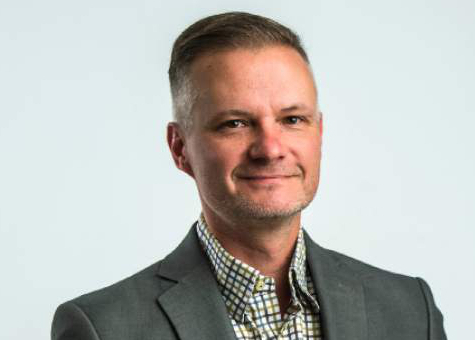This is an archived article that was published on sltrib.com in 2017, and information in the article may be outdated. It is provided only for personal research purposes and may not be reprinted.
For more than three years, various stakeholders in the Wasatch canyons huddled to try to plan out a future for management of various resources and balance recreation, development, water and other thorny issues.
Now, a group of landowners is suing, trying to scuttle the work done on the $8 million project.
The landowners argue that Mountain Accord should have — but didn't — comply with the Open and Public Meetings Act and include the public in the process. The Accord's directors and chairman, Salt Lake County Mayor Ben McAdams, are named in the suit.
Last week, the district attorney's office responded on behalf of McAdams, asking the judge to dismiss the lawsuit and reiterating a legal opinion from June that essentially argues that the Mountain Accord is not a thing; it's a project, more of a concept, and you can't sue a concept.
Even if the argument is technically right under a fine-toothed reading of the law, this isn't the way that decisions, especially important ones affecting the recreation areas beloved by some 6 million visitors a year, are supposed to be made.
And it's an interpretation that the Utah state auditor's office isn't buying. An opinion from the auditor's office in October said that state law specifically requires cooperative groups that are funded by public money to comply with the Open and Public Meetings Act.
Underlying all this is years, if not decades, of bad blood between Salt Lake City and county officials and a group of Big Cottonwood Canyon landowners whose activities up the canyons, as I've addressed here before, are suspect and appear to be focused on tearing down anything that could hinder land grabs and development in the canyons.
Mountain Accord officials have said that, despite insisting they weren't required to do so, they did everything they could to comply with the spirit of the Open and Public Meetings Act.
The question, then, becomes: Did they do enough?
I've been covering government at various levels for 20 years, and reporters take open meetings and open records seriously. They're like scripture, meant to be followed, and for good reason. When public officials are using public money or making decisions about public resources, the public should be involved. It's the only way to instill confidence in the system and ensure that the outcomes are on the level.
And the decisions that Mountain Accord reached are not small matters.
They spent nearly $8 million in taxpayer money to formulate recommendations that include protecting 80,000 of backcountry, including designating 8,000 acres of wilderness in the canyons, executing significant land exchanges between the ski areas and Forest Service to consolidate lands, and rethinking transportation up the canyons.
To their credit, the leaders of Mountain Accord did, as they say, take steps to comply with the spirit of the law.
Beginning in about 2015 they began posting meeting notices on the Mountain Accord website, but that appears to have begun more than a year into the process and two years after its precursor — The Wasatch Summit — held a series of meetings.
Organizers held 23 open houses attended by more than 2,000 people and received 6,000 public comments during the course of their work.
The Accord organizers have also posted notes from the meetings. And in November, Salt Lake County held a public hearing on the contents of the Accord. All of these are extremely positive moves by the parties involved.
So what more is there to be done? Typically, if the Open and Public Meetings Act is violated, any official votes that were taken in violation of the act are voided and have to be redone in a public setting.
But Mountain Accord is officially shut down, state and local leaders having signed off on the agreement. The ink is dry.
The entities that formed the Mountain Accord are morphing into the Central Wasatch Commission, which is intended to take the Accord recommendations and begin moving them forward. That commission, leaders assure, will comply with open meetings and records laws, which is good news.
But before they start down that road, it would be worthwhile to reopen the Mountain Accord report, whether or not the open meetings act was violated. I don't mean starting over; just give the public another opportunity to be heard — even if it's to be heard again — in a full and open public setting before voting on the recommendations one last time.
They already did this once. In February 2015, a draft copy of the group's recommendations was published and public comment was gathered. The report was refined before its release in August.
Maybe nothing will change in the recommendations and nothing gained in the process. And the canyon landowners will certainly take the opportunity to grouse about the product.
But in a process that is supposed to be collaborative, like Mountain Accord was, it's a small sacrifice to ensure all parties feel like they've had their say.
gehrke@sltrib.com Twitter: @RobertGehrke





